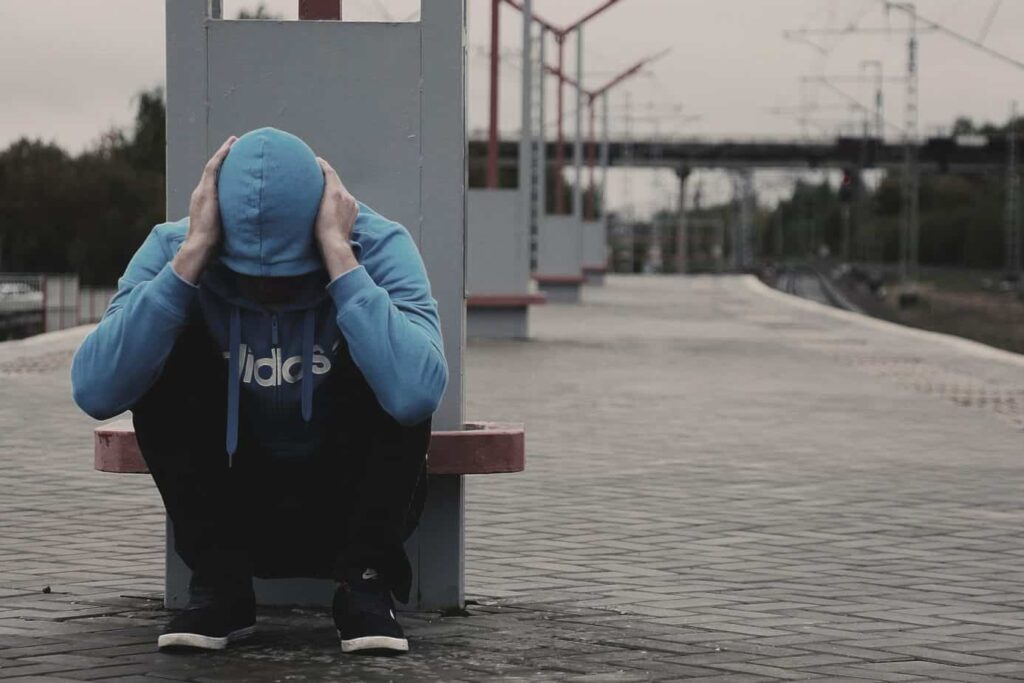
The Odds of Freedom: Understanding Methadone Detox Outcomes
Unlock lasting freedom! Learn the true methadone detox success rate, compare treatments, and find your path to recovery in Miami.

February 18, 2020
Opiate addiction is a serious problem all across the United States. In rural and urban areas, low-income and wealthy neighborhoods, young and old individuals—nearly every demographic is affected by this epidemic. It can be difficult to even imagine a loved one abusing a drug as dangerous as opiates; unfortunately, the chance is high no matter where you come from. If you believe your loved one might be addicted to opiates, it’s time to find out for sure and to seek professional help.
Summer House Detox Center provides drug and alcohol detox and rehab for transitioning into further treatment and aftercare. If you know someone who needs drug or alcohol rehab in Miami, FL call 800-719-1090 now to speak to a treatment specialist.
In order to understand why it is so important to be able to recognize opiate addiction in a loved one, it is necessary to be aware of the severity of the opiate epidemic in the United States.
As you can see, opiate dependence, addiction, overdose, and death are not problems that occur in low numbers or specific areas of the country. This is a serious, widespread epidemic that affects everyone in the US. As such, if you think there is a possibility that your loved one may be addicted to opiates, it is extremely important to stop ignoring the problem and get help as soon as you can.
If your loved one is abusing opiates, this is a sign that they might be addicted. Opiate abuse consists of any use of opiate drugs that are not prescribed by a doctor.
Any type of opiate abuse can lead to addiction, even if your loved one has a prescription. If your loved one is taking opiates without a prescription, in higher doses than prescribed, more often than prescribed, or with other substances, then they are abusing opiates.
One important factor to understand is that dependence and addiction are not the same. Addiction is defined by compulsive drug seeking as well as continued drug abuse despite the consequences experienced by the individual abusing the drug. Dependence occurs when the body adapts to the use of the drug and starts to rely on it, creating uncomfortable withdrawal symptoms if the drug’s use is stopped.
As the NIDA states, addiction and dependence often go hand-in-hand. When a person becomes addicted to a drug, they become dependent on it as well. However, a person can become dependent on opiates without abusing them and without becoming addicted. This can happen if the individual takes opiate drugs under a doctor’s care for a prolonged period.
For this reason, doctors are attempting to put patients on opiate drugs for shorter periods of time. Governments in certain states are also putting restrictions on prolonged prescriptions for opiates. Still, some people do become dependent on opiates without abusing them. When patients do become dependent, they will still need to go through a supervised withdrawal program to avoid uncomfortable withdrawal symptoms.
If you still think your loved one is abusing opiates and has become addicted to them, it is important to be able to recognize the signs of this illness. Start to look for the signs and symptoms in your loved one’s behavior and physical state, and you can begin to see whether or not the situation is as dire as you believe it to be.
Noticing the signs of opiate addiction in a loved one, especially multiple signs that strongly point to a likelihood of abuse and addiction, is upsetting. You might not know where to turn. Still, it is important to remember that you can help your loved one get the treatment they need to get better. According to the NIDA, having a family member or friend involved in the process of addiction treatment often increases the likelihood that the patient will stay in treatment and have a better recovery outcome.
To start with, it could be useful to bring up your concerns about your loved one’s drug use to them. Still, there are certain rules to follow if you choose to do this. Do so only when they are sober, and if you feel it is not going to be safe for you to bring this up, don’t do it alone. As stated above, opiate addiction can often cause people to become hostile when confronted with their drug use, as they will not want to stop using in many cases.
If you need to stage an intervention, this can be a helpful way to get your loved one to seek treatment. Whatever you choose, remember there are many resources available to help you help your loved one. Still, the most important thing to do if you think your loved one may be addicted to opiates is to look for the signs and symptoms of addiction, and, if you see multiple issues occurring in your loved one’s behavior, get help for them as soon as possible.
If you know someone who is suffering from opiate addiction in Fort Lauderdale, contact Summer House Detox Center at 800-719-1090 or visit our treatment facility in 13550 Memorial Highway Miami, FL 33161.
Resources:

Unlock lasting freedom! Learn the true methadone detox success rate, compare treatments, and find your path to recovery in Miami.

“Rapid heroin detox”: Safe or myth? Learn the dangers, costs, and why anesthesia-assisted detox is ineffective. Find proven alternatives.

Seeking miami substance abuse treatment? Discover detox, rehab, and support tailored for recovery. Your guide to healing in Miami.
For immediate assistance, please call our Admissions Specialists at 800-719-1090.
Speak With A Qualified Addiction Specialist 24/7